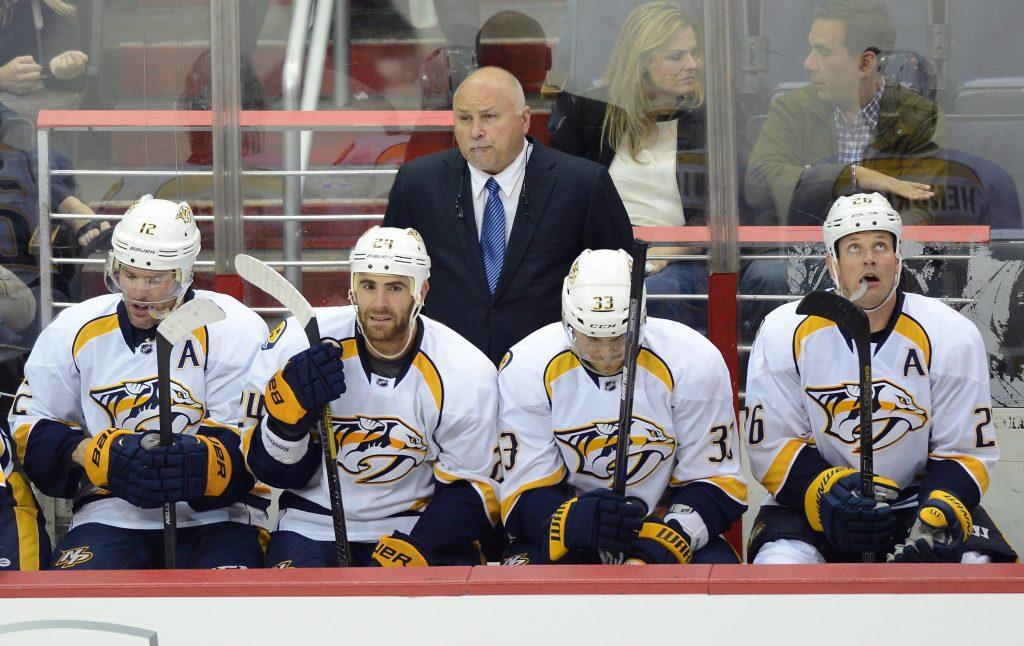The newly anointed Stanley Cup champion Washington Capitals’ celebration didn’t last long with the news of head coach Barry Trotz’s resignation.
Just 11 days after bringing the nation’s capital its first Stanley Cup win, Trotz resigned from the organization because of a contract dispute.
In only four years, Trotz compiled a record of 205-89-34 with four playoff appearances. He became the fifth head coach in the past 40 years to leave a team after winning the cup.
This is one of the stranger things that happens in sports because of how valuable a coach becomes after winning a championship.
“It’s sad, but it’s a business,” the Capitals’ Alex Ovechkin said in an interview with NBC Sports. “We can’t decide who’s going to be in and who’s going to be out.”
According to reports, Trotz sought a five-year deal at $5 million per year. After negotiations went on, the two sides couldn’t come to an agreement.
“But when it came to the business aspect, from my standpoint, I felt that it wasn’t really sincere what we did together,” Trotz said in an interview with NBC Sports. “So I decided that it was better to just move on.”
Mike Keenan had a similar situation in 1994 with the New York Rangers, leaving after a championship because of a rocky relationship with the then-general manager.
Ultimately, the resignation of Trotz opened a new door for him with the New York Islanders.
On June 21, Trotz agreed on a deal to become the head coach for the Islanders, opening a new chapter in his coaching career. Elliotte Friedman of Hockey Night in Canada reported that Trotz is set to make at least “$4 million per year,” or twice as much as he was making under his deal with the Capitals.
Trotz replaces Doug Weight, who was fired in early June. Trotz takes on the challenge of getting the Islanders back into the playoffs after recent subpar years — with two playoff appearances in the past five seasons.
Islander President Lou Lamoriello is no stranger to building championship-pedigree teams. Lamoriello was the architect of the New Jersey Devils’ prominence in the 1990s, winning three Stanley Cups in his 28-year tenure with the team.



